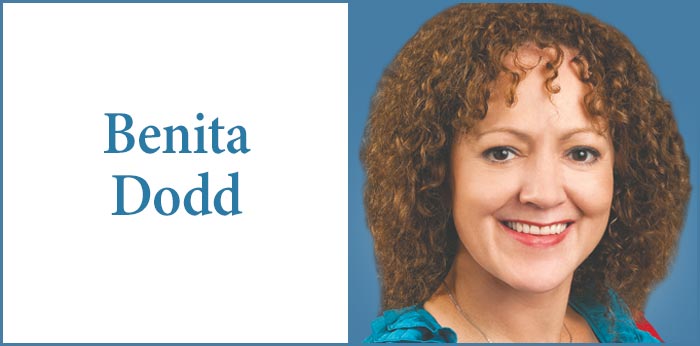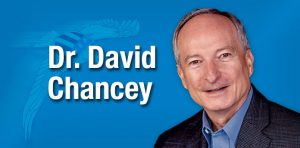Because of the Covid-19 pandemic, many states, including Georgia, implemented shelter-at-home policies. Many stores, restaurants, businesses and government offices were shuttered. And many federal, state and local regulations were waived – at least 570 to date, according to Americans for Tax Reform’s running list.
Georgia is phasing in reopening, with social-distancing requirements. For many residents and businesses, their enthusiastic, optimistic goals in the thriving economy of January 2020 were reduced at first to maintaining their status quo. Then they went into survival mode. As they claw their way out of the pandemic, these Georgians – families, students, employers, entrepreneurs and innovators – deserve every opportunity to succeed. Clearing their path of rigid regulations and regulatory excess is a good first step.
Many of the executive orders Gov. Brian Kemp signed during the pandemic suspended or altered regulations only during the public health state of emergency. Having operated without them since the middle of March, it makes sense to consider how many are even necessary any longer.
Numerous opportunities exist. On March 20, with the intent of reducing regulations during Covid-19, Kemp’s orders included:
• That pharmacists and physicians with licenses in good standing in other states be allowed to obtain temporary Georgia licenses to assist in the pandemic.
• Waiving the requirement that medical facilities employing a physician assistant post a notice to that effect in a prominent place.
• Authorizing and directing the Department of Community Health to suspend certificate-of-need requirements for medical facilities, “where such suspension would permit capable facilities to expand capacity, offer services, or make expenditures necessary to assist with the needs of this Public Health State of Emergency” and further declared that “the Commissioner of the Department of Community Health or his designees is authorized and directed to implement waivers of those rules and regulations necessary to prohibit the prevention, hindrance, or delay of necessary action.”
• Authorizing remote “virtual” meetings of companies’ shareholder boards, provided shareholders were granted access.
His March 23 executive order gave the Georgia Board of Nursing authority to grant temporary licenses “to graduate registered nurses and graduate practical nurses who have yet to take their respective licensing exam.” It also allowed medical practitioners in good standing to practice even if their licenses are inactive or lapsed (with a five-year limit.)
This raises a question: If it is acceptable during a pandemic for a physician to treat Covid-19 patients five years after his or her license lapses, and a nurse to practice before taking the state licensing exam, how necessary were those licenses to begin with?
On March 24, Kemp waived the requirement that at least 50% of the caregivers in a child-care center have completed CPR and first-aid training, requiring at least one caregiver and one administrator to be trained.
On March 27, he authorized the State Board of Education to waive certain rules and regulations during the pandemic, even when a local board of education did not make such a request.
On March 30, he authorized private professional inspectors to inspect buildings for code compliance when local governments were unable to complete inspections in time.
With social-distancing and shelter-in-place requirements hindering the ability for notaries public to conduct business in person, on March 31 Kemp declared video conferencing would be acceptable as long as appropriate identification was produced. He allowed pharmacists and pharmacy technicians to process prescriptions remotely via computer, even while telecommuting.
These examples highlight some of the opportunities to eliminate archaic and burdensome regulations and embrace technology without endangering public safety. The pandemic revealed many areas where government could step back and facilitate Georgians’ jobs and their return to work – or telework.
The governor’s thoughtful responses during the pandemic should be just the start to an approach that allows Georgia’s economy to rebound unfettered.
[Benita M. Dodd is vice president of the Georgia Public Policy Foundation. Established in 1991, the Foundation is a trusted, independent resource for voters and elected officials. The Foundation provides actionable solutions to real-life problems by bringing people together.]












Leave a Comment
You must be logged in to post a comment.